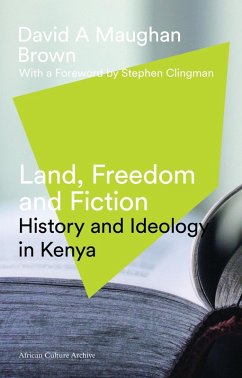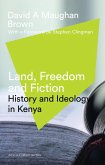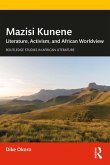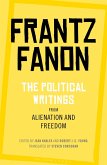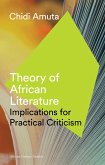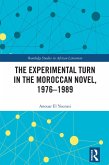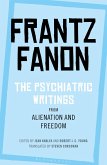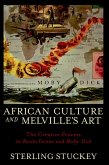This now classic work examines the contrasting ways in which the Mau Mau struggle for land and independence in Kenya was mirrored, and usually distorted, by successive generations of English and white Kenyan authors, as well as by indigenous Kenyan novelists. Against the turbulent background of the Mau Mau Uprising, Dr Maughan-Brown explores the relationship between history, literary creation and the myths that societies cultivate. Spanning the breadth of colonial and post-colonial African literature, his subjects range from the colonialist authors Robert Ruark and Elspeth Huxley to the post-independence novels of Meja Mwangi and Ngugi wa Thiong'o.
Maughan-Brown's book is invaluable on many levels. He presents a concise account of the uprising and its place in Kenyan identity, and significantly increases our understanding of settler attitudes and the role of literature within colonial ideology. Land, Freedom and Fiction succeeds in showing the subtle insights a materialist approach can bring to the study of literature, ideology and society.
Maughan-Brown's book is invaluable on many levels. He presents a concise account of the uprising and its place in Kenyan identity, and significantly increases our understanding of settler attitudes and the role of literature within colonial ideology. Land, Freedom and Fiction succeeds in showing the subtle insights a materialist approach can bring to the study of literature, ideology and society.

